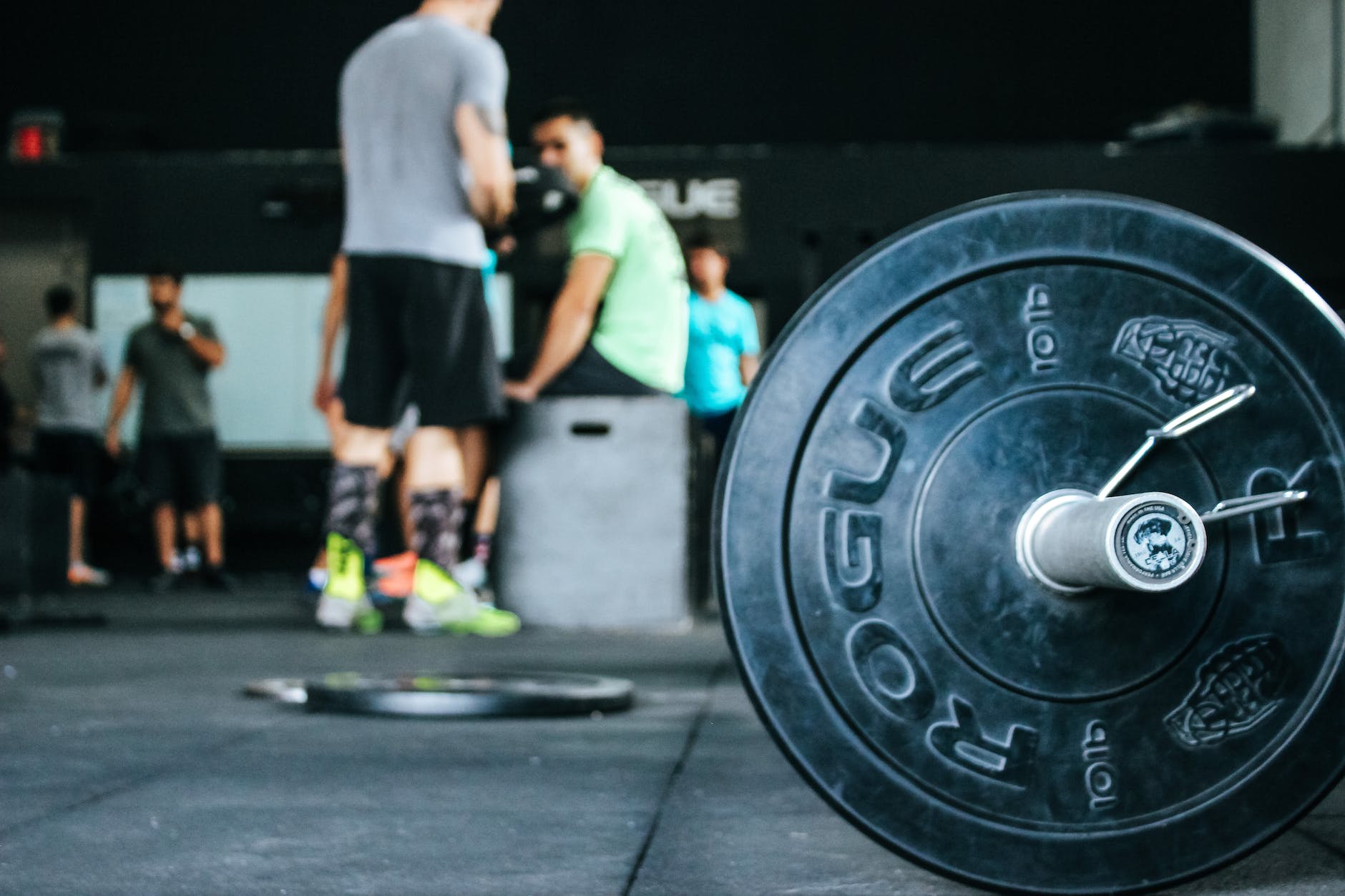Sodium, often associated with salt, is an essential mineral that plays a crucial role in athletic performance. It is important for muscle contractions, cognitive function, endurance, nutrient transportation, waste removal, and water balance.
When you exercise, you lose sodium through sweat. If you don’t replenish lost sodium, your performance can suffer. A study found that athletes who received salt capsules to replace 70% of lost sodium finished a race 26 minutes faster on average than those receiving a placebo.
Adequate hydration, preferably with water, helps to maximize the benefits of sodium. When you’re sweating, you lose not only water but also electrolytes, including sodium. Drinking water helps to replace lost water, but it doesn’t replace lost electrolytes. That’s why it’s important to drink sports drinks or other fluids that contain electrolytes, such as sodium.
Individual sodium requirements vary depending on your activity level, sweat rate, and other factors. To determine your individual needs, talk to your doctor or a registered dietitian.
Here are some tips for ensuring that you get enough sodium and stay hydrated when you exercise:
- Drink plenty of fluids before, during, and after exercise.
- Eat salty foods before, during, and after exercise.
- Consider taking a sodium supplement before or during exercise.
- Listen to your body and don’t push yourself too hard if you’re feeling dehydrated or fatigued.
By following these tips, you can ensure that you’re getting the sodium you need to perform at your best.
Here are some additional benefits of sodium for athletes:
- Sodium helps to maintain blood volume, which can help to improve endurance and reduce the risk of heatstroke.
- Sodium helps to transmit nerve impulses, which is important for muscle contraction and coordination.
- Sodium helps to regulate blood pressure, which can help to reduce the risk of cardiovascular problems.
However, it is important to note that too much sodium can be harmful. The recommended daily intake of sodium for adults is 2,300 milligrams. However, many Americans consume much more than this. Excess sodium can contribute to high blood pressure, heart disease, and stroke.
If you are an athlete, it is important to find a balance between getting enough sodium to support your performance and not consuming too much sodium. Talk to your doctor or a registered dietitian to determine the right amount of sodium for you.

